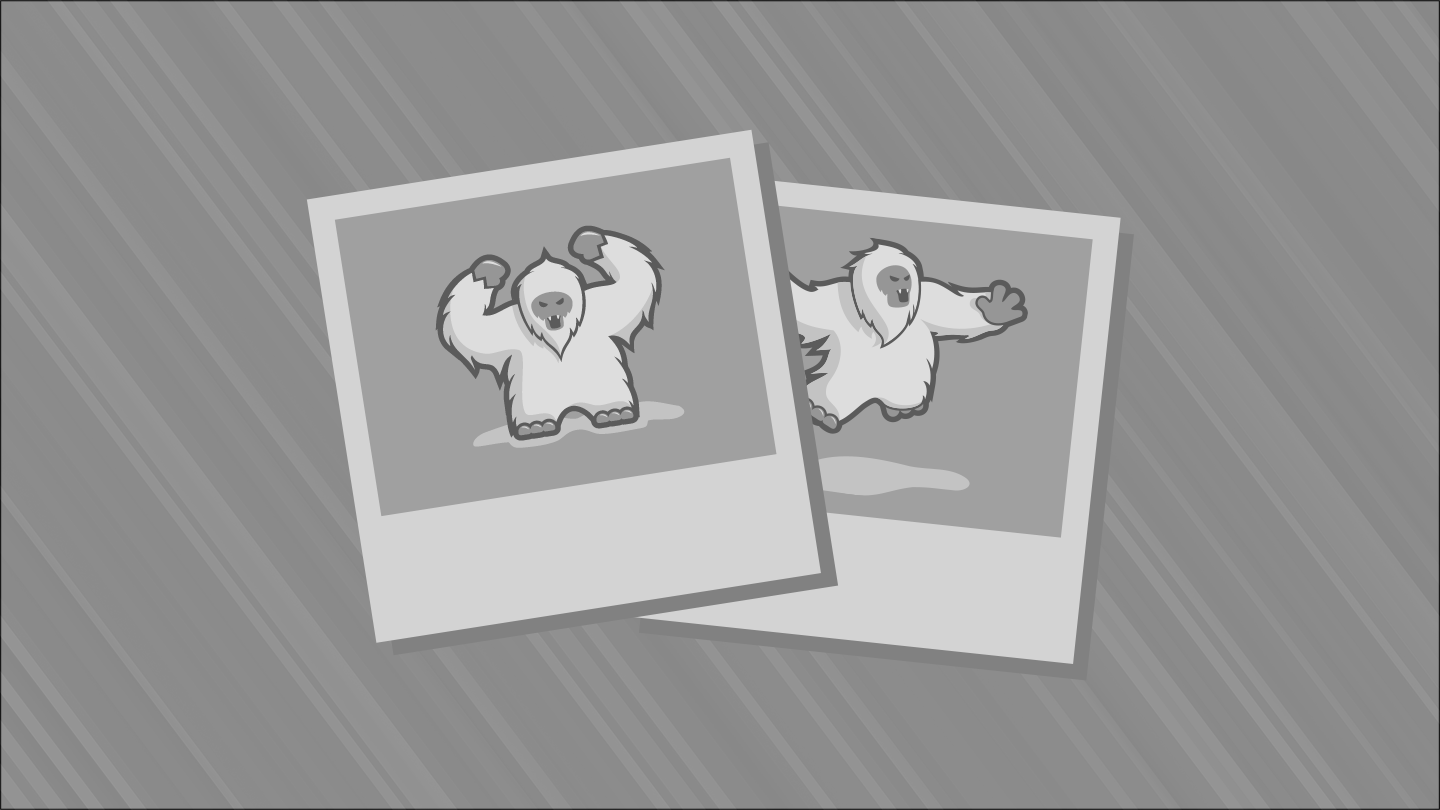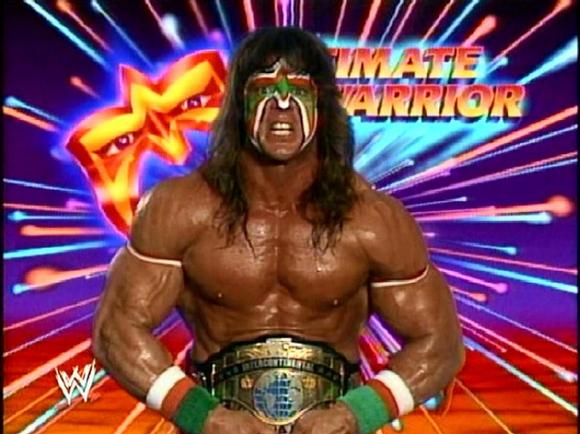Do & Enjoy What
You Love—Because You Can
The cool thing about being a person is you can choose how
you spend your free time.
That might be one of the simplest statements I will ever
write; and yet, it’s so incredibly true. I can even follow it up with another
bit of simplicity—a question:
For those in the higher ed/SA realm—how do we maintain the
aspects of our lives that we are passionate about outside of higher education
and student affairs?
For those outside of the SA-realm—1. Welcome to the
conversation; 2. How do you manage your interests and passions outside of your
industry?
For some people maintaining health and fitness is an
essential passion to maintain; for others: sports, reading, writing, knitting,
Snap Chat, painting, performing and/or listening music, concertgoing, hiking,
cooking, tattoos, computers, tech—the list goes on. Some of these are somewhat
easily integrated into our lives; however, some may be more difficult than
others.
So how do we maintain the balance of doing what we love in
our careers and doing what we love in our extracurricular interests?
How do we integrate balance in the first place?
I often hear people say, "I love reading, but I just don't have time anymore."
Or, "I wish I had time to paint more."
Hearing things like this makes me sad.
How do we avoid sacrificing our passions when life gets busy?
My suggestion: Make your passions a priority.
 |
| Cody Rhodes (right) delivering his finishing move, Cross Rhodes. He is one of my favorite young talents. |
My most implicit example of this is with my love for
professional wrestling.
Yes, professional wrestling.
For me, Monday nights have three hours carved out so that I
can watch Monday Night Raw. And during the rest of the week, I most certainly
squeeze in any opportunity to view a match or two on the WWE Network
or across any of the independent circuits that I can scout out on Youtube. I am
eager to learn new stories and in-ring techniques being experimented with
throughout the professional wrestling industry—so I try to keep on all levels
of competition outside of simply WWE.
People often bash/laugh at my appreciation for professional
wrestling. And I get that. Pro wrestling (or, rasslin) isn't for some people.
It isn’t for most people. But to laugh and use the defense of, "but how
can you watch that stuff? ...it isn't real ...it's scripted," makes no
sense to me because everything is scripted.
Archer is scripted.
Scandal is scripted.
Mad Men is scripted.
Bob's Burgers is scripted.
Duck Dynasty is scripted.
Captain America is scripted.
Game of Thrones is scripted.
Books and music are technically scripted/written.
Just because something is scripted doesn't mean it doesn't
hold value.
Enjoy what you will. Enjoy what you love.
Also, scoffing at something that someone gets enjoyment from
is outright disrespectful. Now, I am guilty of laughing at some interests when
I am caught off guard—much like most people are when they hear about my passion
for rasslin. However, I am always curious to learn why someone appreciates a
certain hobby/interest. The quirkiest hobbies always have the best stories/reasons.
 |
| John Cena (left) and Bray Wyatt (right) put on one of the most psychological matches in recent memory. |
Last week I spent three days (WWE Hall of Fame,
Wrestlemania, and Monday's epic RAW) being reminded of how much I respect the
industry of professional wrestling. And I felt the need to reflect on my
passion for this industry. Because when rasslin is good, it fills me with
legitimate joy. And there is truly no better feeling than when you see dudes
who have dedicated their lives to this industry and hear their stories and see
their hard work pay off.
I've loved professional wrestling since I was a child and I
continue to love it to this day (minus a few in-between years). I may watch rasslin
from a much different lens, especially since entering graduate school. But I
still look forward to it every week and just because I may not agree with the
script all of the time, I still appreciate the art.
And when I don't agree, I make podcast episodes with my friends to complain and discuss pro wrestling! I love recording these podcast episodes because I get to prioritize and schedule 1-2 hours out of my week to just talk about rasslin. To just talk about something I love outside of higher education. It is truly a lot of fun for Ian, Rene, and Me (other dudes in the Against the Ropes podcast—Warning: Not all language is SFW.).
And when I don't agree, I make podcast episodes with my friends to complain and discuss pro wrestling! I love recording these podcast episodes because I get to prioritize and schedule 1-2 hours out of my week to just talk about rasslin. To just talk about something I love outside of higher education. It is truly a lot of fun for Ian, Rene, and Me (other dudes in the Against the Ropes podcast—Warning: Not all language is SFW.).
I actually hope to pursue a PhD in sociology or American
studies focusing on the performative aspects of masculinity in professional
wrestling and its effects on children. I genuinely think about rasslin a lot
and want to enter into dialogue with this topic at a level of scholarship that
hasn’t been touched yet.
Many people hold an image of rasslin from years ago when it
was a much different product than it is today. Things have changed. The
independent scene is stronger than ever and the big companies have taken note.
This is why I appreciate professional wrestling. It is always evolving.
[NOTE: I originally
wrote the previous text on pro wrestling, with some new edits, as a Facebook
post fresh off my high from the incredible spectacle that was Wrestlemania 30.
And then Ultimate
Warrior died. So I wrote the following…]
 |
| Ultimate Warrior was a staple of the WWF in the late 80s/early 90s. |
My heart literally stopped when I read that Ultimate Warrior
(given name: James Hellwig) died last Tuesday. This was literally the day after
giving a highly motivational and coherent speech on Monday Night Raw—fresh off
his induction into the WWE Hall of Fame that Saturday, and appearing at
Wrestlemania on Sunday. I waited to write anything about his death until I knew
exactly the full extent of the circumstances.
Heart attack brought on by stress. Makes sense.
Warrior lived fast and he lived hard. And since leaving
rasslin, he has certainly left the limelight and withdrew from the public eye.
Which, when he begins being moved around a lot over the span of a few days
during Wrestlemania weekend—and possibly the hazardous cocktail of 90s
cocaine/steroids may have caught up to him—his body might not have been able to
handle the stress.
This early death is tragic and all-too-common in the
industry of professional wrestling—Curt Hennig, The Von Erichs, Bruiser Brody,
Gorgeous George, Eddie Guerrero, Owen Hart, Test, Big Bossman, Randy Savage,
Chris Benoit—again, the list goes on.
I’ve been reading David Shoemaker’s book, The Squared Circle: Life and Death of Professional Wrestling, which chronicles the lives and history of many professional
wrestlers who have legitimately given their lives to this industry. The book
reads as one long cautionary tale for today’s rasslers to take note of the
lives that have been led and lost throughout the history of this industry.
Many rasslers take extensive breaks (sabbaticals) to rest up
and heal so that they don’t go down this route. The industry has changed
drastically, as I alluded to earlier. Steroid usage has visibly lessened as
rasslers have gotten smaller and leaner in comparison to the bodybuilding
behemoths on the 80s and 90s. Wellness policies and health insurance are
staples of the industry now.
When you are so engrained with characters in a book or in a
TV show or in a movie and they die or are killed off, you feel like you’ve lost
a bit of yourself. When Ultimate Warrior died, the world of professional
wrestling lost a superhero. We lost a character that was larger than life. We
lost not only one of the most iconic members of our community, but we also lost
a man who inspired many young men to break into this industry. Warrior set the
bar as a physical specimen and as a dominant force on the microphone.
I mean—watch this video:
Ultimately, I want to bring this back to my earlier context
of being true to yourself and to what you enjoy doing with your free time. Rasslin was merely one example I could've used for this article. I also appreciate music, television, reading, writing, running, etc. The point of this post is the demonstrate that we only get so much time away from work and from the realities of life—so
we might as well spend those spare moment enjoying things we are passionate
about.
Don't lose an aspect of your identity just because you get a little busy from time to time.
Don't lose an aspect of your identity just because you get a little busy from time to time.
Also, don’t worry about what people think about your hobbies.
Everyone is different.
Everyone is different.
Different strokes for different folks. Everyone has their
quirks.
There are many reasons you enjoy what you love in your
life—some may have different origins than others and may look differently in
comparison with other people in our field, and that’s fine. Life is about
filling your life with things that make you happy. Sure, work and making a
living is important, too, but that doesn’t mean we must sacrifice our interests
Do and enjoy what you love not because the media or your
friends tell you that you should love it. Do and enjoy what you love because
you genuinely cannot consider anything else you'd rather spend your time/life
enjoying. It really is that simply. No co-sign necessary.
Stay true to yourself—be proud of your interests.
Don’t hide them. Don’t be ashamed of your quirkiness.
Be quirky. Be a hobbyist.
Hope some of this resonates!
Be well.
-Craig.
Join the dialogue: @CrigBididman

No comments:
Post a Comment